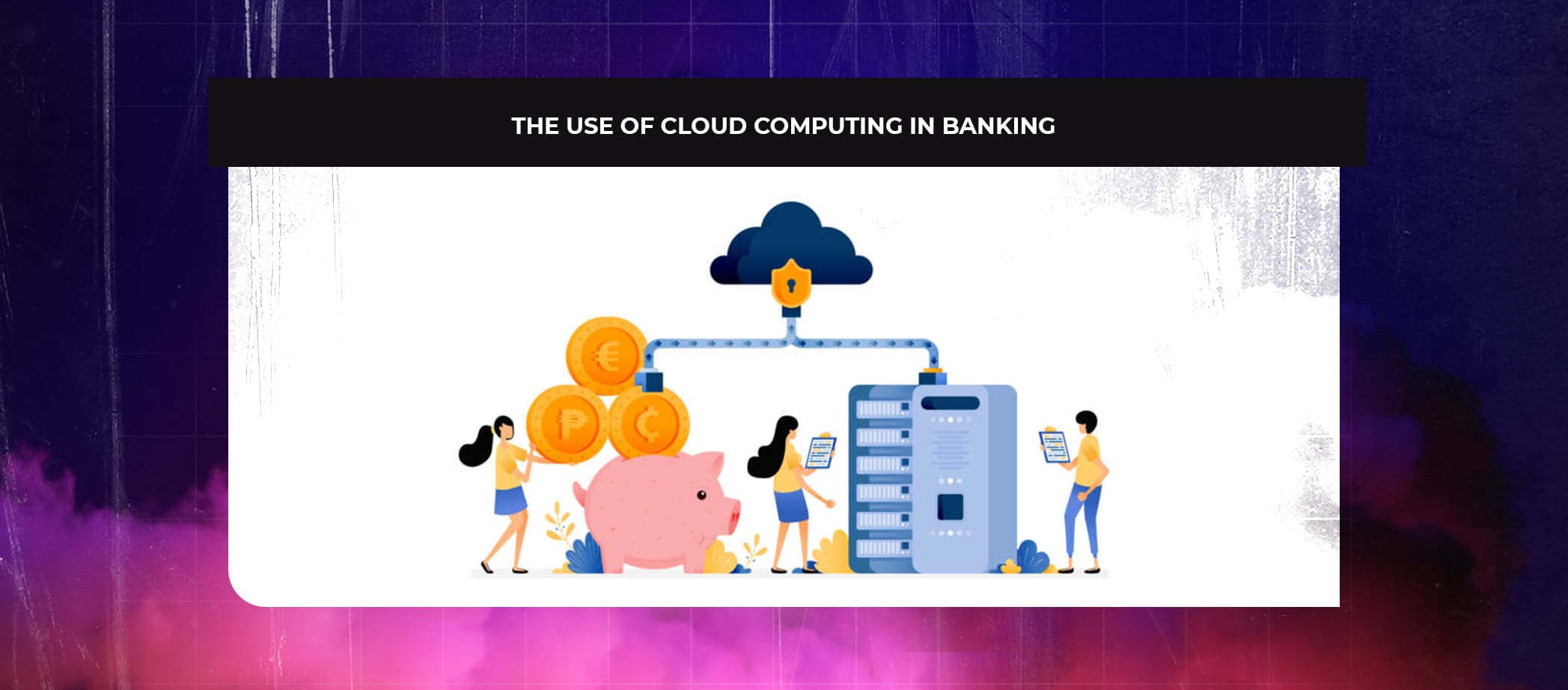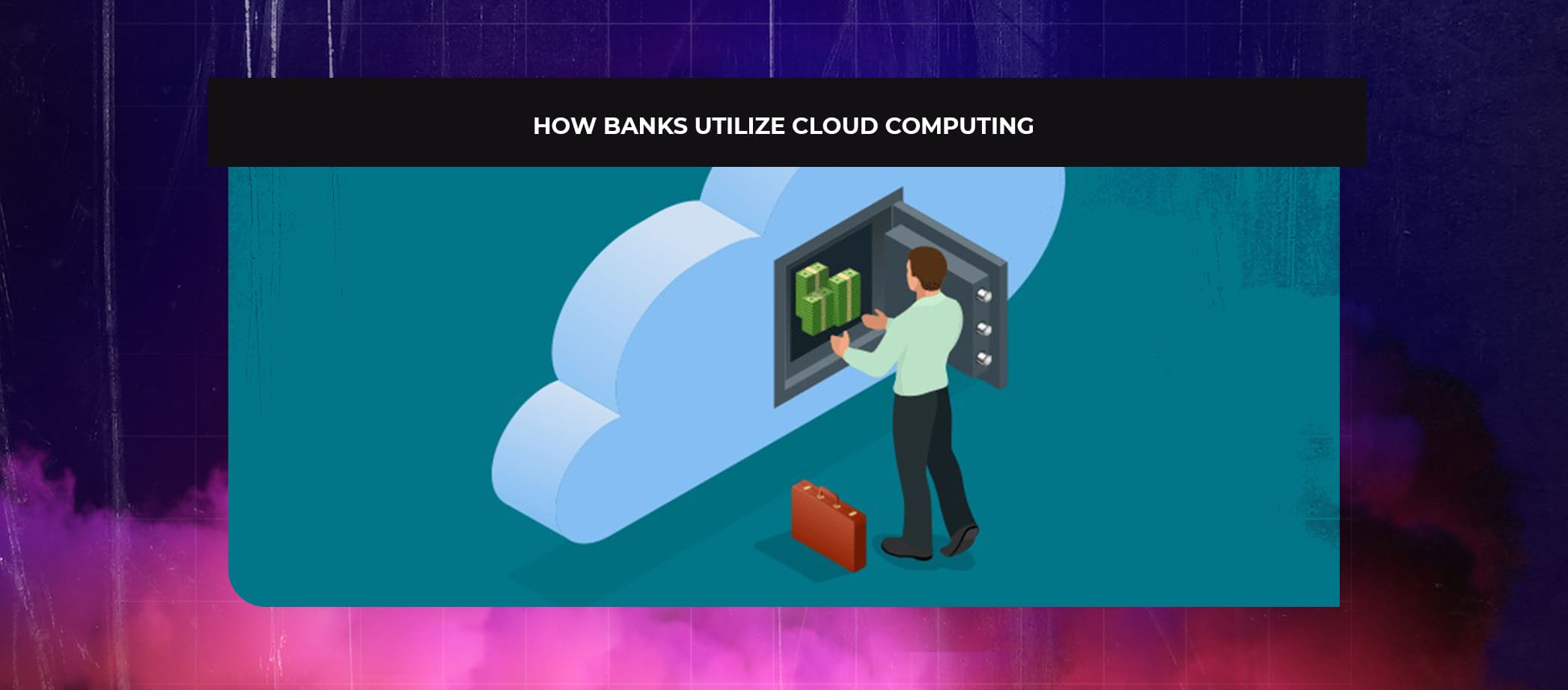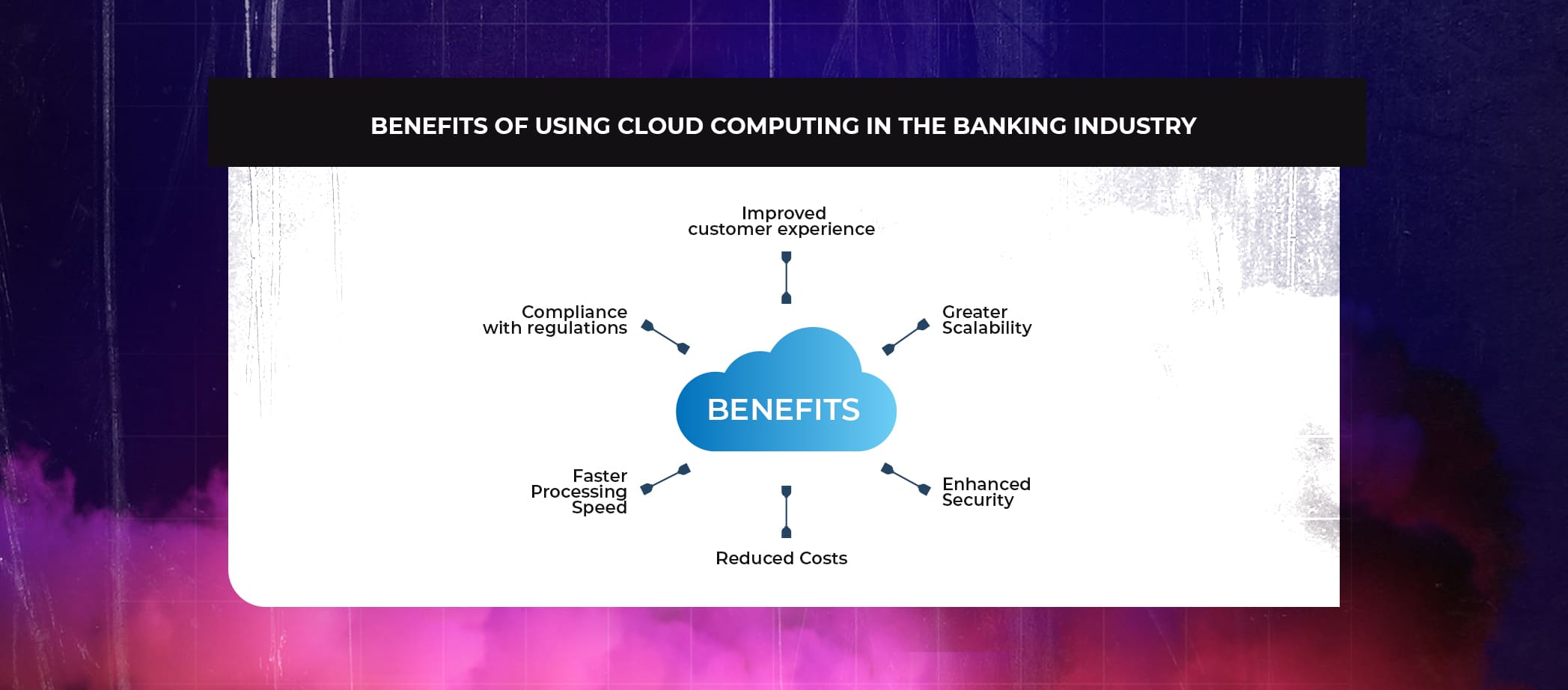
Banks in the financial services sector cannot function in the digital age without Cloud technology. Many businesses are adopting Cloud technology because of its adaptability, dependability, and security as opposed to on-premise alternatives. By removing the burden of maintaining and updating systems, the Cloud also frees up banks’ time, money, and resources to focus on their core business goals and take advantage of real-time data access.
But as banks depend more and more on the Cloud, organizations like the Financial Conduct Authority and the Bank of England are raising concerns about concentration risk. If there are no disaster recovery plans in place, Cloud outages can result in significant long-term issues. PeoplActive delves deeply into the reasons central banks and regulators are concerned about Cloud concentration risk, the perceived threat it poses to financial stability, and the advantages of multi-Cloud.
Table of Contents
Toggle
Table of Contents
ToggleThe Use of Cloud Computing in Banking
Cloud Computing in financial services is a kind of on-demand service that offers online access to pooled resources, programs, or storage. It makes it possible for financial organizations to process and store data on remote servers rather than on their local systems. For banks, Cloud Computing services have a lot of advantages including improved security, quicker processing times, and lower costs. Although the financial sector has been slow to adopt Cloud technology because of worries about letting go of its legacy on-premises applications, regulatory compliance, and data privacy issues, this attitude is starting to change as more financial institutions become aware of how technology can help them meet their business objectives while also meeting customer needs. 
Also Read: Public Cloud Adoption is Accelerating in the MENA Region
How Banks Utilize Cloud Computing
In banks, Cloud Computing is utilized for several things, such as:
Fraud Detection:
Banks utilize the Cloud to analyze vast volumes of data from many sources to detect and prevent fraud. This aids financial organizations in identifying questionable behavior before any damage occurs.
Customer Relationship Management (CRM):
CRM systems in the Cloud are used by banks to handle client interactions and data. This enables financial institutions to maintain track of all consumer interactions regardless of location or time of day. The right Cloud methods also help banks deliver individualized service depending on client requirements and preferences.
Data Analysis:
Banks are increasingly utilizing the Cloud for advanced analytics to understand patterns and trends in client behavior. By analyzing how customers engage with financial products, banks may develop new solutions that better fulfill customers’ demands than ever before. 
Must-Have Steps in a Cloud Migration Checklist.
Benefits of using Cloud Computing in the Banking Industry
The following are some significant benefits of using public Clouds for banking and financial services: 
What challenges does the Banking Industry face with Cloud Computing?
Despite the many benefits of using Cloud technology in banking, many financial institutions are lagging behind other industries as a result of the challenges related to Cloud adoption in the banking industry. Some of the most significant problems financial firms encounter when converting to the Cloud include the ones listed below:
Lack of Control:
Financial institutions could worry that they will lose some control over them when moving their system to the Cloud.
Data Privacy and Security:
Banks must make sure that their data is protected when it is kept in the Cloud. The systems they use must also be compliant with any applicable data privacy regulations.
Regulatory Compliance:
A number of the financial industry rules that banks must abide by specify precise protocols for handling consumer data. If their systems are housed on the Cloud, banks can find it challenging to adhere to all of these rules.
Read more about Why is Cybersecurity crucial to the Fintech sector?
What can Financial Services learn from the adoption of Cloud-based technologies in other industries?
The financial services industry has been less willing than other industries to adopt Cloud-based solutions due to concerns about resilience, data integrity, security, and risk management. However, the use of the Cloud in other industries has demonstrated its advantages. Cloud-based systems offer more flexibility, scalability, automation, cost savings, and collaboration. Organizations with different and separate systems can access a shared platform using Cloud-based solutions to share, exchange, and analyze data quickly, effectively, securely, and robustly. What advantages do financial regulators get from embracing Cloud technology?
- Efficiently integrate different systems.
- Streaming data and real-time communication
- Immediately view and evaluate risk using current data.
- Better ability to adapt to the changing regulatory environment
- Procedural scalability
- A better knowledge of data requirements that are getting more complex
- Less tangible infrastructure, such as servers or other hardware, is needed.
Why choose PeoplActive to accelerate your Cloud Journey?
The financial industry has historically been sluggish to adopt new technology, but some financial institutions are now beginning to do so as a means of improving the effectiveness and efficiency with which they meet the needs of their consumers. By utilizing public Clouds, banks and other financial services companies may deploy apps fast without worrying about hardware upkeep or software upgrades.
PeoplActive will help you to co-create a solution that is specifically tailored to your company by examining your pain points and business goals. Are you prepared to bring your Financial services into the future and achieve Digital Transformation?
Get in touch
Are you making the right move to the Cloud?




